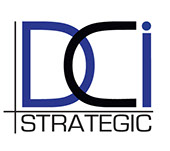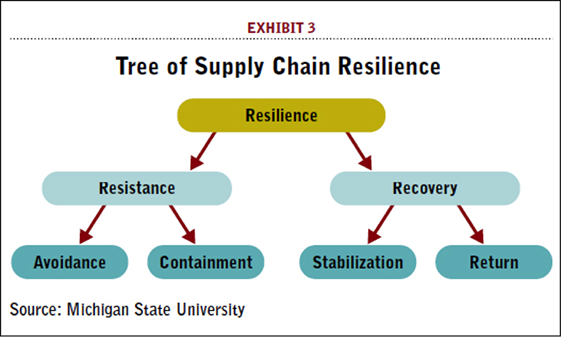
BUILDING RESILIENCE
Below are points and a link from the World Economic Forum (WEF)
An Important Subject of the Building Resiliency, Offsetting Risk and Gaining Efficiencies and How Do You Balance Those in Today’s Connected World.
Initiative aims to:
- Revisit key risks in the supply chain
- Strengthen the framework for global risk assessment
Build a blueprint for supply chain resilience
- Improve collaboration and transparency across supply chain actors
http://new.livestream.com/accounts/1909571/events/1790729/videos/10021947
Supply chain is a key to competitive advantage in many companies, significantly determines the social, economic and environmental impacts of your company, which in turn influence more and more of your stakeholders and shareholders. Hence a sustainable supply chain strategy representing one of the most important success factors for achieving sustainable development for your company and must exhibit the following characteristics:
- Your supply chain is aligned to the underlying corporate and competitive strategy
- Your supply chain considers demand, supply, and in particular other, wider general conditions
Additional reference link on building supply chain resilience: https://www.youtube.com/watch?v=lxf-uArALCw
Countries that have the most resilient supply chain
Resilience – is about having contingency plans in place – example is having good practices and processes with technology enabling visibility and transparency with what your suppliers’ suppliers are doing. There is a case were multiple first levels of suppliers all deal with one airbag manufacturer in Japan. When the airbag supplier has a problem all automotive suppliers first tier or level have a problem with air bags installed into steering wheel systems.
Japan's manufacturing industry weathered the post-Fukushima crisis pretty well, all things considered, but other countries are less prepared for big disasters report says. By 24/7 Staff
Resilient Supply Chains Require
Resilience happens by design and not by accident. The resilient supply chain requires two (2) critical capacities: The capacity for resistance and the capacity for recovery.
1. Resistance defines the supply chain’s ability to delay a disruption and reduce the impact once the disruption occurs.
2. Recovery, defines the supply chain’s ability to recover from a disruption.
The remainder of the article identifies (link below) and discusses the trade offs between these two resilience capacities, how each responds to issues of supply chain uncertainty and risk, and investments that firms can make to enhance supply chain resilience capabilities. The conclusion: Resilience is a capability that must fit the specific needs of each firm.
http://www.supplychain247.com/article/understanding_supply_chain_resilience
Supply Chain Resilience Defined
Supply chain resilience is “the ability of a supply chain to both resist disruptions and recover operational capability after disruptions occur.“ As mentioned above, viewed from this perspective, resilience consists of two critical but complementary system components: the capacity for resistance and the capacity for recovery. Let’s look more closely at those elements:
- Resistance capacity is the ability of a system to minimize the impact of a disruption by evading it entirely (avoidance) or by minimizing the time between disruption onset and the start of recovery from that disruption (containment).
- Recovery capacity is the ability of a system to return to functionality once a disruption has occurred. The process of system recovery is characterized by a (hopefully brief) stabilization phase after which a return to a steady state of performance can be pursued. The final achieved steady-state performance may or may not reacquire original performance levels, and is dependent on many disruption and competitor factors.
Resilience Index
FM Global Resilience Index - Understanding the Index
- http://www.fmglobal.com/page.aspx?id=00010004
- http://www.wsj.com/articles/when-manufacturing-means-building-supply-chain-resilience-1445443202
Black Swans and the Risks in Supply Chains
Yossi Sheffi of Massachusetts Institute of Technology (MIT) writes that building business resilience into supply chains means preparing for the unimaginable”
Supply Chain Disruption is a link from Thomas Goldsby of Ohio State
Harry T. Mangurian, Jr. Foundation Professor in Business at Fisher College of Business
Some great new work out of Ohio State on building resilience in the supply chain.
Resilience is an ability to adapt and having contingency in place to reduce potential disruptions.


DCI STRATEGIC © ALL RIGHTS RESERVED.